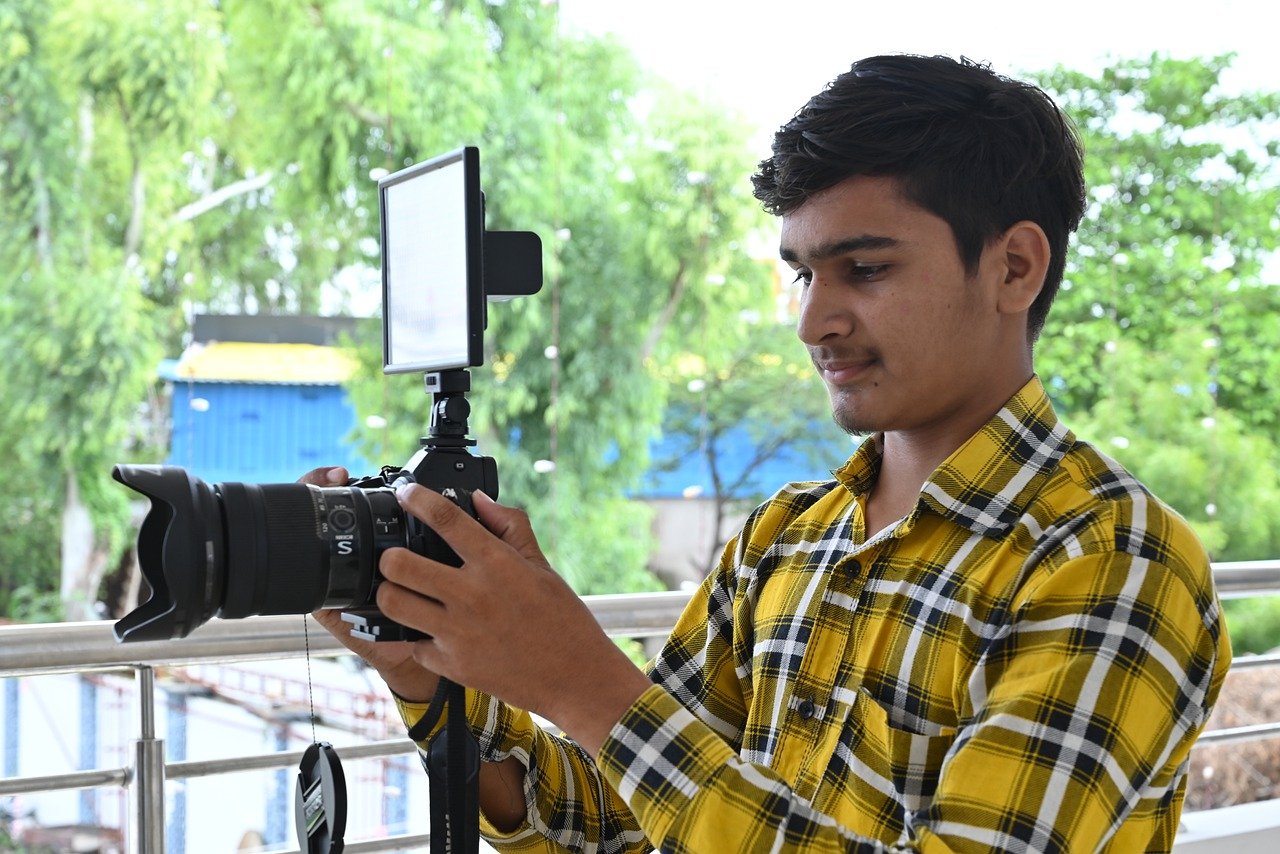This article provides a comprehensive guide on the process and timeline for obtaining a License to Carry (LTC) after fingerprinting, covering essential steps and factors influencing the duration.
Understanding the LTC application process is crucial for prospective applicants. The journey typically begins with the submission of an application form, which may vary by state. Following this, applicants are required to undergo fingerprinting as part of a thorough background check. This process ensures that only qualified individuals receive the license. Once these steps are completed, the application is sent to the appropriate authorities for review.
Fingerprinting is a key step in the LTC process. Generally, the appointment for fingerprinting lasts about 30 minutes. However, applicants should allocate additional time for any potential waiting periods. During the appointment, a trained professional will take fingerprints, which will then be submitted to law enforcement agencies for processing.
Several factors can influence the time it takes to obtain an LTC. These include:
- State Regulations: Different states have varying laws and processing times.
- Background Check Efficiency: The speed at which background checks are conducted can significantly impact the overall timeline.
- Application Volume: High volumes of applications can lead to longer processing times.
After fingerprinting, several steps follow before receiving your LTC. The submitted fingerprints are analyzed, and a background check is conducted. This may take anywhere from a few days to several weeks, depending on the factors mentioned earlier. Additionally, applicants may need to provide further documentation, such as proof of training or residency.
Staying informed about your LTC application status is important. Most states provide online portals where applicants can check their application status. If no updates are available, contacting the local licensing authority directly can provide clarity on any delays or additional requirements.
Delays can happen during the LTC application process. Common reasons for delays include:
- Incomplete Applications: Ensure all forms are filled out correctly.
- Background Check Issues: Sometimes, discrepancies can arise that require additional investigation.
- High Demand: In peak application periods, processing may slow down.
To navigate these challenges effectively, applicants should maintain open communication with the licensing authority and be prepared to provide any necessary documentation promptly.
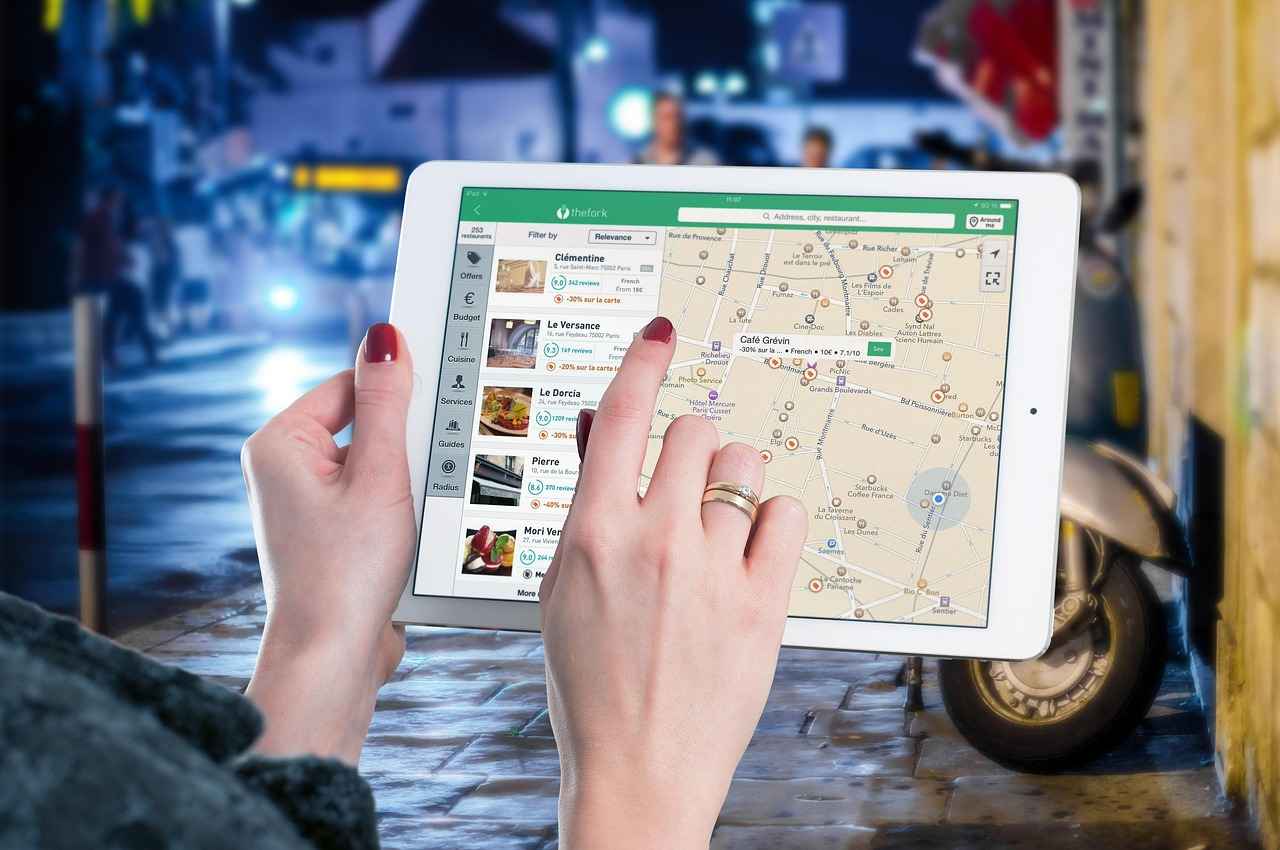
What is the LTC Application Process?
Understanding the License to Carry (LTC) application process is crucial for anyone looking to obtain their permit. This guide provides a comprehensive overview of the essential steps involved, ensuring that applicants are well-prepared and informed throughout the journey.
- Step 1: Application Submission
The first step in the LTC application process involves submitting your application. This typically requires filling out a detailed form that includes personal information, residency details, and any relevant background information. Be sure to double-check all entries for accuracy to avoid delays. - Step 2: Payment of Fees
After submitting your application, applicants are generally required to pay a fee. This fee varies by state and may cover processing costs, fingerprinting, and background checks. Ensure that you keep a record of your payment for future reference. - Step 3: Fingerprinting Appointment
Once your application is submitted, you will be scheduled for a fingerprinting appointment. This step is crucial as it allows law enforcement to conduct a background check. The appointment usually takes about 30 minutes, during which your fingerprints will be taken electronically. - Step 4: Background Checks
Following fingerprinting, your application will undergo a thorough background check. This process can take anywhere from a few days to several weeks, depending on the state and the volume of applications being processed. It’s important to be patient during this time. - Step 5: Additional Documentation
In some cases, you may be required to submit additional documentation. This could include proof of residency, identification, or even character references. Ensure that you provide any requested information promptly to avoid further delays. - Step 6: Notification of Approval or Denial
After the background check is completed, you will receive a notification regarding the status of your application. If approved, your LTC will be issued, allowing you to carry legally. If denied, the notification will typically include reasons for the denial and information on how to appeal.
Throughout the LTC application process, it is vital to remain organized and proactive. Keeping track of deadlines, required documents, and communication with your local licensing authority can significantly streamline your experience. Remember, each state may have different requirements, so it’s essential to consult your local regulations for specific details.
In summary, the LTC application process involves several key steps: from submission and payment to fingerprinting and background checks. By understanding these stages, applicants can navigate the process more effectively and ultimately achieve their goal of obtaining a License to Carry.

How Long Does Fingerprinting Take?
Fingerprinting is an essential component of the License to Carry (LTC) application process. Understanding the duration of the fingerprinting appointment can help applicants prepare effectively. This section will provide insights into how long the fingerprinting process typically takes and what applicants can expect during this important phase.
When you arrive for your fingerprinting appointment, you will first need to check in and provide any necessary documentation, such as your identification and confirmation of your LTC application. The appointment itself usually lasts between 15 to 30 minutes, depending on various factors.
- Location: The efficiency of the fingerprinting service can vary by location. Some facilities may have more advanced technology and staff, which can speed up the process.
- Volume of Applicants: If you are visiting a busy location, you may experience longer wait times. It is advisable to schedule your appointment during off-peak hours if possible.
- Type of Fingerprinting: Different methods, such as electronic fingerprinting or traditional ink methods, can influence the duration. Electronic fingerprinting is generally quicker.
During the appointment, a trained technician will take your fingerprints using a specialized machine or ink. You will be asked to place your fingers on a scanner or a pad, ensuring that clear prints are captured. The technician may also take a photograph for identification purposes. After the fingerprints are taken, they will be submitted for background checks.
After your fingerprints are submitted, the processing time can vary significantly based on several factors. Generally, applicants can expect to wait anywhere from several weeks to a few months for their LTC to be approved. The total duration is influenced by the state’s processing times and the efficiency of background checks.
- Prepare Documents: Ensure you have all necessary documents ready before your appointment.
- Arrive Early: Arriving early can help reduce stress and give you time to complete any required paperwork.
- Follow Instructions: Listen to the technician’s instructions carefully to ensure a smooth process.
Understanding the fingerprinting process is crucial for LTC applicants. By being informed about what to expect and how long the process may take, you can navigate this essential step with confidence. Proper preparation and awareness of the factors influencing duration will contribute to a more efficient application experience.
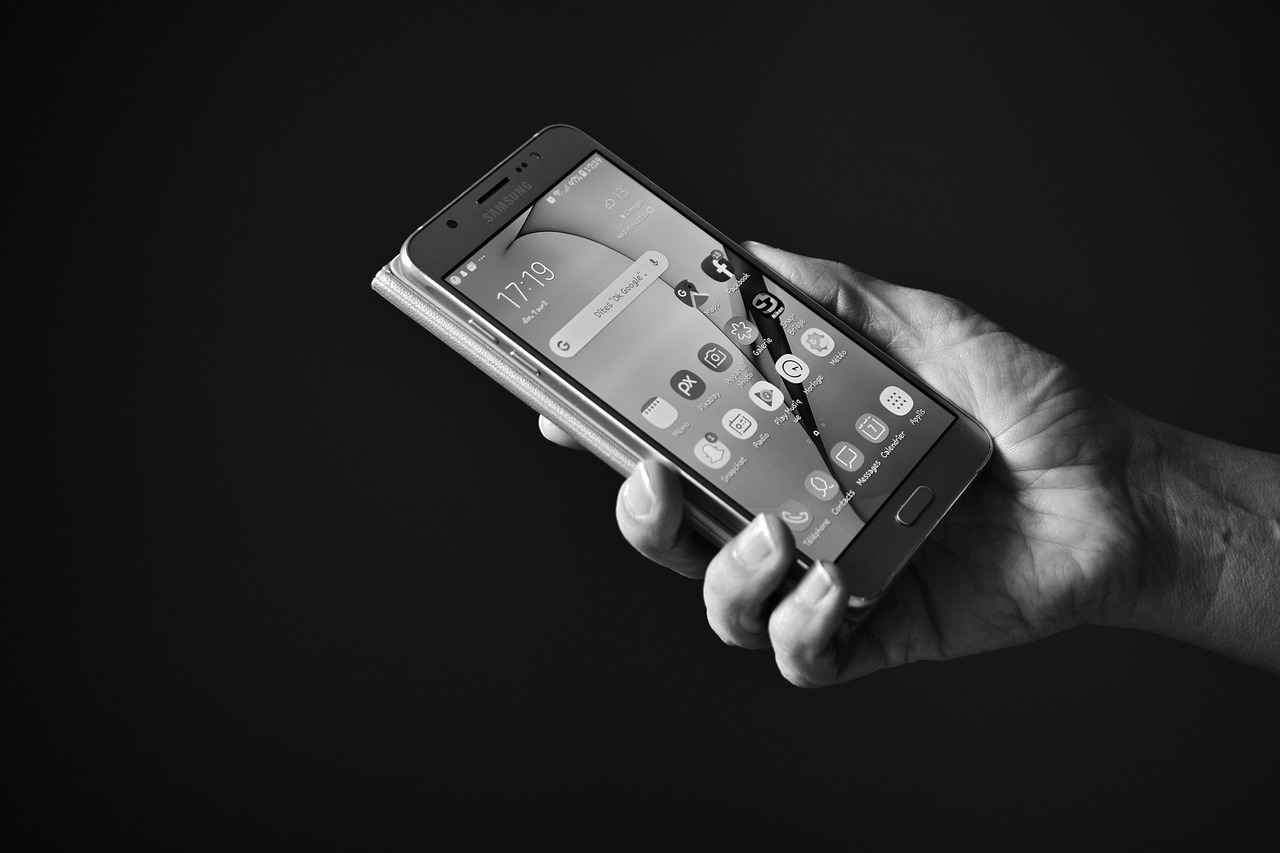
What Factors Affect LTC Processing Time?
Obtaining a License to Carry (LTC) can be a meticulous process, and understanding the various factors that influence the processing time is essential for applicants. In this section, we delve into the key elements that can affect how long it takes to receive your LTC after submitting your application and completing fingerprinting.
- State Regulations: Each state has its own set of laws and regulations governing the LTC process. Some states may have more streamlined procedures, while others may require extensive documentation and approval processes. It is crucial to familiarize yourself with your state’s specific requirements, as these can significantly impact the overall timeline.
- Background Check Efficiency: One of the most critical steps in the LTC application process is the background check. The efficiency of this check can vary greatly depending on the state and the agency responsible for conducting it. Some states utilize advanced technology and databases to expedite the process, while others may rely on manual checks, which can lead to delays.
- Application Volume: The number of applications being processed at any given time can also affect how long it takes to obtain your LTC. During peak seasons, such as before hunting seasons or following changes in gun laws, the volume of applications may surge, leading to longer wait times. It is advisable to apply during less busy periods if possible.
- Completeness of Application: Ensuring that your application is complete and accurate can significantly reduce processing time. Missing documents or errors can lead to requests for additional information, which can prolong the review process. Double-checking your application before submission can help mitigate this risk.
- Local Law Enforcement Response Time: In many states, local law enforcement agencies are responsible for conducting background checks and may have their own timelines for processing applications. Factors such as staffing levels and current caseloads can affect how quickly they can respond to requests.
In summary, several factors can impact the duration of the LTC application process. By understanding these elements, applicants can better prepare themselves and potentially expedite their journey to obtaining their LTC. Staying informed about your state’s regulations and maintaining open communication with the relevant authorities can also help in navigating the process more smoothly.
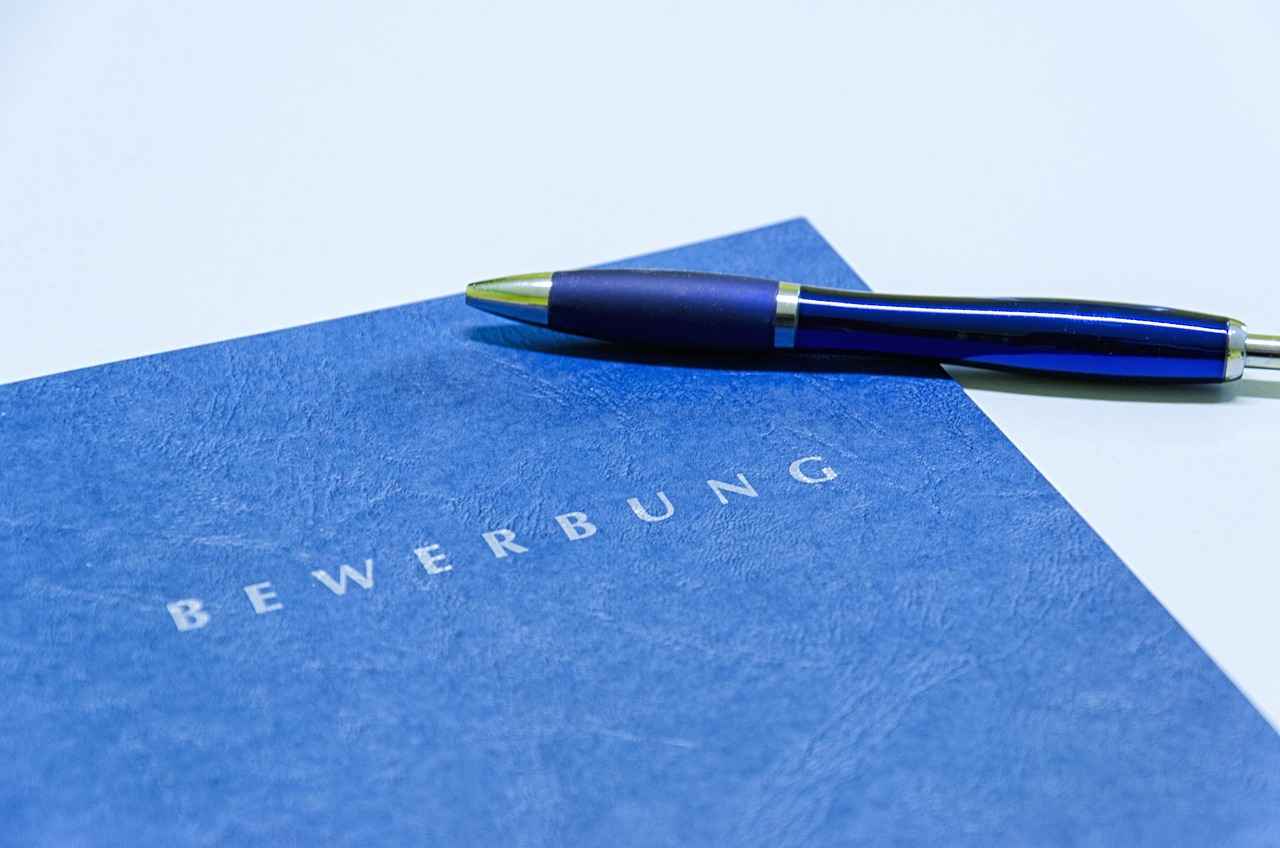
What Happens After Fingerprinting?
After completing the fingerprinting process, applicants for a License to Carry (LTC) may wonder what happens next. This stage is crucial, as it involves several important steps that can affect the overall timeline for receiving your LTC. Understanding these steps can help alleviate any concerns and provide clarity on what to expect.
Once you have submitted your fingerprints, the first major step is the initiation of the background check. This check is conducted by law enforcement agencies and is designed to ensure that applicants do not have any disqualifying criminal records or other issues that could prevent them from obtaining a license. The background check typically includes:
- Criminal History Review: A thorough examination of any past criminal offenses.
- Mental Health Evaluation: Assessing any mental health issues that may affect eligibility.
- Verification of Identity: Ensuring that the applicant’s identity matches the information provided.
The duration of the background check can vary significantly based on several factors, including the state in which you are applying and the volume of applications being processed at the time. Generally, background checks can take anywhere from a few days to several weeks. Applicants are encouraged to be patient during this phase, as thoroughness is essential for public safety.
In addition to the background check, applicants may be required to provide further documentation. This can include:
- Proof of Residency: Documentation that verifies your current address.
- Training Certificates: Proof of completion of any required firearm safety training courses.
- Application Fees: Payment of any applicable fees associated with the LTC application process.
Occasionally, complications may arise during the post-fingerprinting process. Common issues include discrepancies in background checks or missing documentation. If you encounter any problems, it is advisable to:
- Contact the Licensing Authority: Reach out to the relevant agency to clarify any issues.
- Follow Up on Documentation: Ensure that all required documents have been submitted and received.
- Stay Informed: Regularly check the status of your application to stay updated on any developments.
While many applicants receive their LTC in a timely manner, it is wise to be prepared for potential delays. Factors such as high application volumes or additional review requirements can extend processing times. To mitigate stress during this period, consider:
- Keeping Copies: Maintain copies of all submitted documents for your records.
- Setting Reminders: Create a timeline for when to check your application status.
- Staying Informed: Research your state’s typical processing times and any recent changes to regulations.
In summary, the post-fingerprinting process for obtaining your LTC involves several key steps, including background checks and additional documentation requirements. Being proactive and informed can significantly ease the journey towards receiving your license.

How to Check the Status of Your LTC Application?
Staying informed about your License to Carry (LTC) application status is crucial for applicants. Understanding where your application stands can help alleviate any anxiety and prepare you for the next steps. In this section, we will explore practical tips on how to check your application status, as well as what to do if you encounter any delays.
Keeping track of your LTC application status is essential for several reasons:
- Peace of Mind: Knowing where your application stands can reduce uncertainty.
- Preparation: Being informed allows you to prepare for any additional requirements or steps needed.
- Timeliness: Understanding the timeline can help you plan accordingly for any upcoming events or needs.
There are several methods to check the status of your LTC application:
- Online Portal: Many states provide an online portal where applicants can log in and view the status of their applications. Make sure to have your application number and personal information ready.
- Contacting Local Authorities: You can reach out to your local law enforcement agency or the office that processes LTC applications. Be prepared for potential wait times and have your details handy.
- Email Inquiries: If you prefer written communication, sending an email inquiry can be a good option. Ensure you include all necessary information to facilitate a prompt response.
Delays in processing LTC applications can occur for various reasons, such as:
- High Application Volume: During certain times of the year, applications may spike, causing delays.
- Background Check Issues: Complications in background checks can also slow down the process.
- Missing Documentation: If any required documents are missing, this can lead to further delays.
If you find that your application is delayed, consider the following steps:
- Follow Up: Don’t hesitate to follow up with the relevant authorities to inquire about the status and any potential issues.
- Be Patient: Understand that processing times can vary and that patience is often required.
- Seek Assistance: If delays persist, you may want to seek assistance from legal professionals who specialize in LTC applications.
By actively checking your LTC application status and knowing how to address potential delays, you can navigate the application process more smoothly. Staying informed is key to ensuring that you receive your LTC in a timely manner.
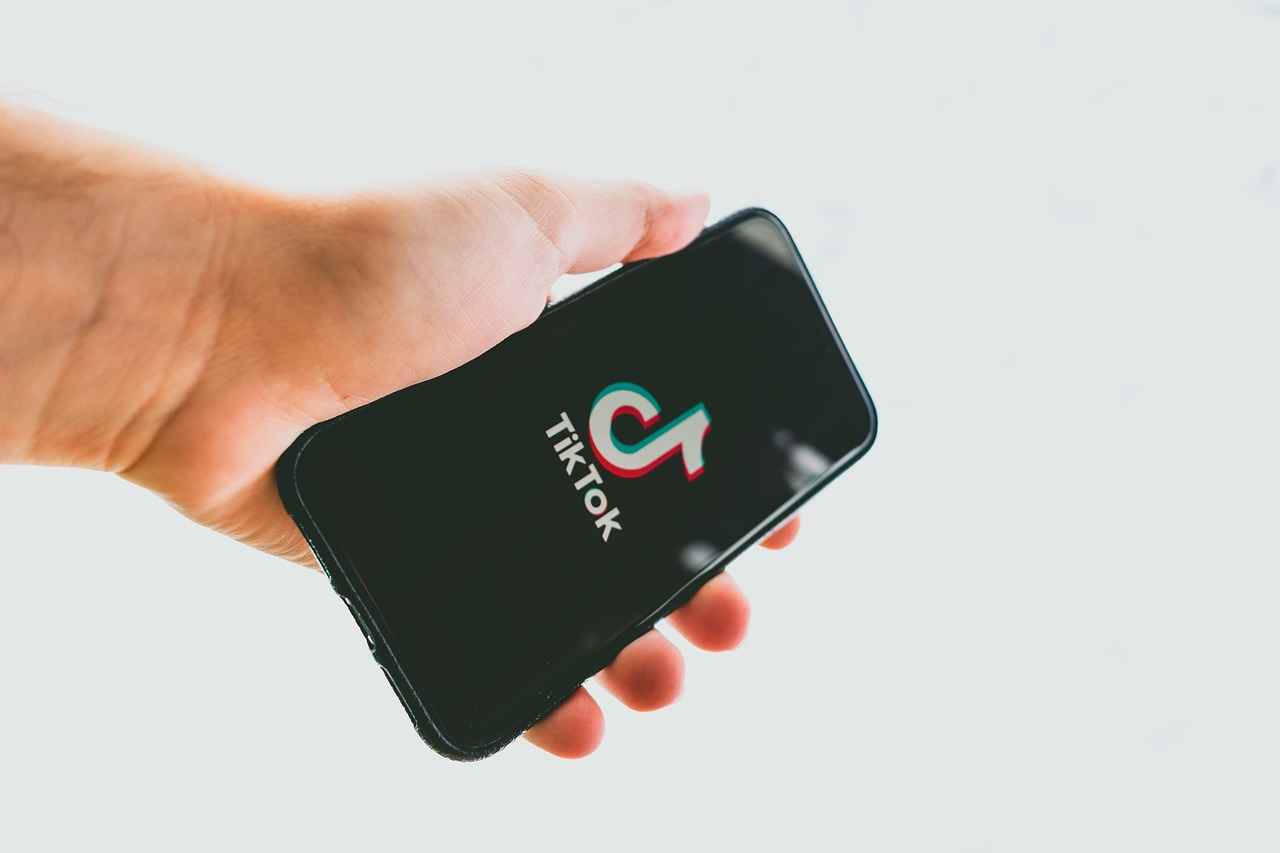
What to Do If Your LTC Is Delayed?
Delays in the License to Carry (LTC) application process can be frustrating for many applicants. Understanding the common reasons for these delays, as well as how to effectively navigate the challenges they present, is crucial for anyone seeking to carry a firearm legally. In this section, we will explore the typical causes of delays and provide practical solutions to help applicants expedite their LTC journey.
- Background Check Issues: One of the primary reasons for delays is complications during the background check process. This can occur if there are discrepancies in your personal information or if the system flags your application for further review.
- High Application Volume: In times of increased demand, such as during legislative changes or public safety concerns, state and local agencies may experience a backlog of applications, leading to extended processing times.
- Incomplete Applications: Submitting an application that lacks required documentation or contains errors can significantly slow down the process. Review your application thoroughly before submission to avoid this pitfall.
- State-Specific Regulations: Each state has its own regulations and processing times, which can affect how quickly your application is processed. Familiarizing yourself with your state’s specific requirements can help set realistic expectations.
If you find yourself facing delays in your LTC application, consider the following strategies:
- Stay Informed: Regularly check the status of your application online or by contacting the relevant authorities. This can provide you with updates and help identify any issues that may need to be addressed.
- Be Proactive: If you suspect your application is delayed due to background check issues, reach out to the agency handling your application. Providing additional information or documentation may help resolve any outstanding concerns.
- Patience is Key: Understand that some delays are beyond your control. While it can be frustrating, maintaining a patient and respectful attitude when communicating with officials can facilitate a smoother process.
- Consider Legal Assistance: If you encounter significant delays without clear explanations, consulting with a legal expert specializing in firearms law may provide you with additional options and insights.
Delays in the LTC application process are not uncommon, but by understanding the reasons behind them and taking proactive steps, applicants can navigate these challenges more effectively. Staying informed, being proactive, and knowing when to seek assistance can significantly enhance your chances of a smooth and timely application process.
Frequently Asked Questions
- How long does the entire LTC application process take?
The LTC application process can vary significantly based on your state and individual circumstances. Generally, you can expect it to take anywhere from a few weeks to several months. Factors like background checks and application volume play a big role in this timeline.
- What should I expect during the fingerprinting appointment?
Fingerprinting is usually a quick process, taking about 15 to 30 minutes. You’ll need to provide identification and may be asked a few questions. Think of it as a brief meet-and-greet with the system that helps ensure public safety!
- What can cause delays in receiving my LTC?
Delays can happen for various reasons, such as high application volumes, incomplete paperwork, or issues during the background check. If you’re feeling anxious, remember that patience is key—good things often take time!
- How can I check the status of my LTC application?
Most states provide online portals where you can check your application status. If you can’t find the info you need, don’t hesitate to contact the relevant agency directly for assistance. It’s like tracking a package—you want to know where it is!
- What should I do if my LTC application is delayed?
If you encounter delays, first check your application status. If everything seems in order but you’re still waiting, reach out to the issuing authority. They can provide insight and help resolve any hiccups along the way.


